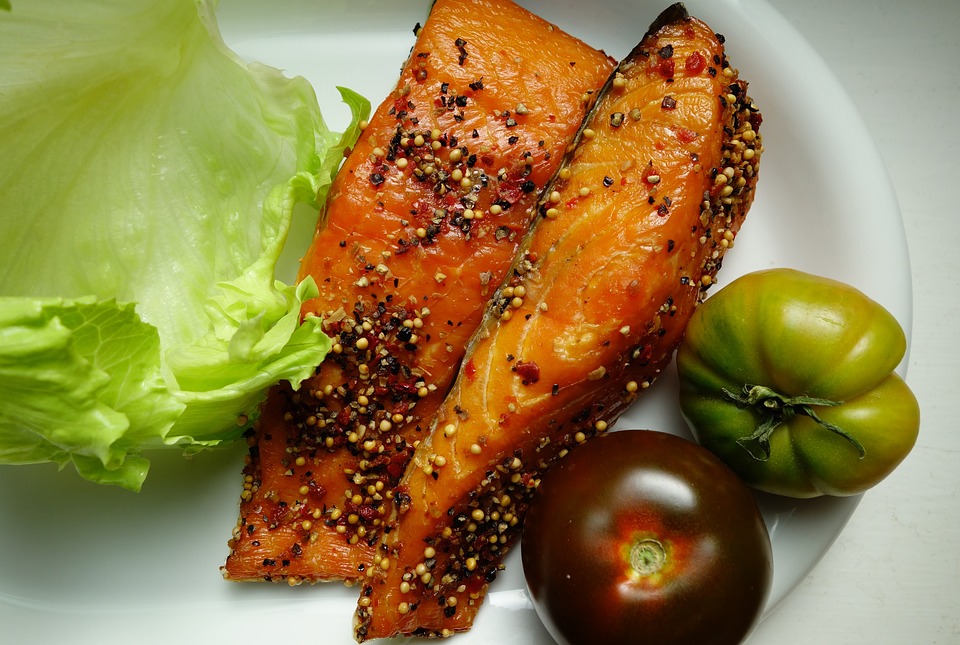
When it comes to diet, fats get a bad rep. People choose to believe so because certain types of fatty foods and the fat-like substance cholesterol may play a role in causing cardiovascular disease, diabetes, cancer and obesity. But not all fats are bad or detrimental to health. Some fats are better for you than others, and may even help to promote good health. Knowing the difference can help you determine which fats to avoid, and which to eat in moderation.
Dietary fats are found in foods from both plants and animals, it is also called fatty acid. It is essential in diets as much as carbohydrates and proteins. Certain body functions rely on the presence of fat for the supply of energy. For example, some vitamins require fat in order to dissolve into your bloodstream and provide nutrients.
However, the excess calories from eating too much fatty foods of any type can lead to weight gain and other health challenges. All foods and oils contain a mixture of fatty acids, but the predominant type of fat they contain is what makes them “good” or “bad.”
TYPES OF FATS AND FATTY FOODS
- Saturated Fats: Most saturated fats are animal fats. They’re found in high-fat meats and dairy products. saturated fats should be eaten very sparingly. Eating too much saturated fat can increase blood cholesterol levels and low-density lipoprotein (LDL) levels. Large consumption of saturated fat has also being linked with increased risk of heart disease.
- Trans Fats: Trans fats appears in foods that contain partially hydrogenated vegetable oils. These are the worst fats for you. Like saturated fat, trans fat can raise LDL cholesterol, also known as “bad” cholesterol. Trans fat can also suppresses high-density lipoprotein (HDL) levels, or “good” cholesterol. While responsible food makers have cut back on using artificial trans fats in recent years, the FDA says trans fats may still be in some of these foods : Crackers, cookies, cakes, frozen pies, and other baked goods, Snack foods (such as microwave popcorn), Frozen pizza, Fast-food etc. It is advised to check the nutritional facts of the product. Even if it says the product has 0 grams of trans fats per serving, there may still be up to half a gram of trans fats per serving. Next, check the ingredient list to see if it lists partially hydrogenated oils.

- Monounsaturated Fats: Research has consistently shown that eating foods that contain monounsaturated fat can improve your blood cholesterol level and decrease your risk of cardiovascular disease. These type of fatty foods include nuts, almond butter, peanut butter and avocado.
- Polyunsaturated Fats: Polyunsaturated fats are known as “essential fats” because the body cannot make them and needs them from foods. Plant-based foods and oils are the primary source of this fat. Like monounsaturated fat, polyunsaturated fat can decrease your risk of heart disease by lowering blood cholesterol levels. Foods such as Walnuts, Sunflower seeds, Flax seeds or flax oil, Fish, such as salmon, mackerel, herring, albacore tuna, and trout, Corn oil, Soybean oil and Safflower oil.
Read more posts on food and wellness here
Written by Agbaje Omoniyi

